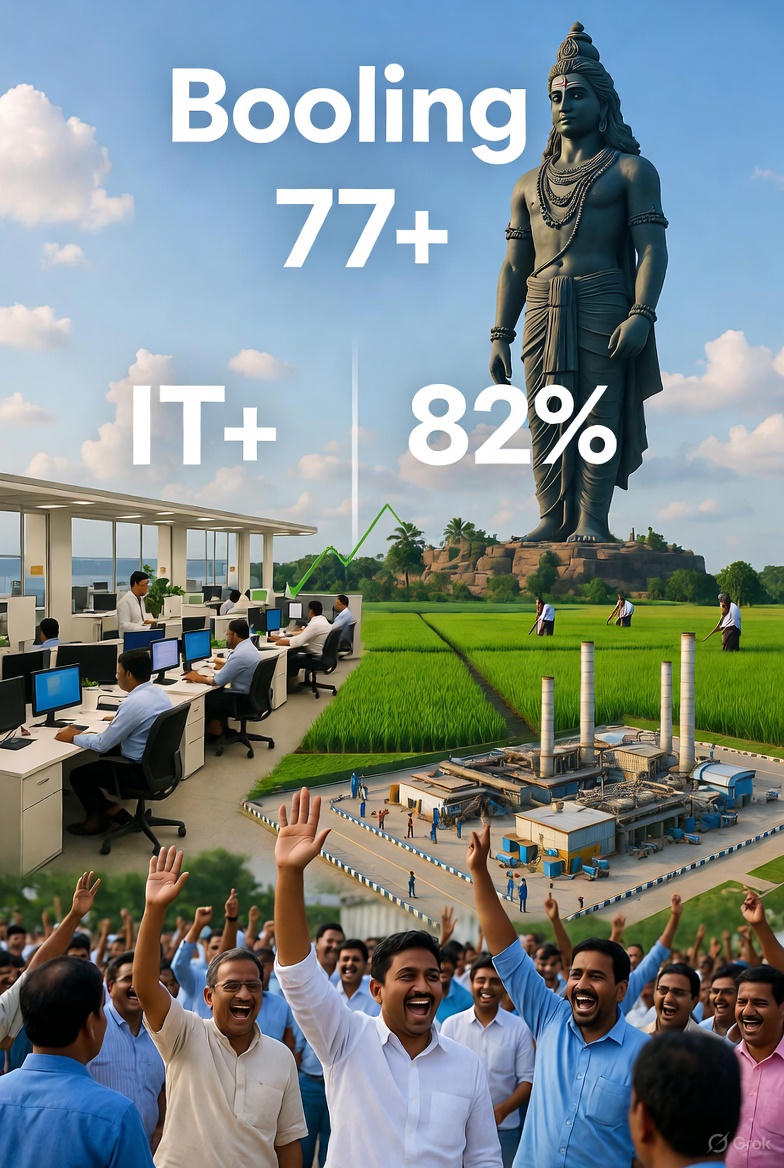Manisha Sahu| September 12, 2025
Washington, D.C. / New Delhi — A new legislative proposal introduced in the United States is causing waves of concern across the global information technology sector—particularly in India, which is home to one of the world’s largest outsourcing industries. The Halting International Relocation of Employment (HIRE) Act, introduced by Republican Senator Bernie Moreno of Ohio, is aimed at curbing outsourcing practices by American companies and bringing jobs back to the domestic workforce.
If passed, the bill could dramatically impact Indian IT giants like Tata Consultancy Services (TCS), Infosys, Wipro, and HCL, along with global capability centers (GCCs) that serve major U.S. corporations such as Apple, Cisco, Citigroup, and American Express.
What Is the HIRE Act?
The HIRE Act proposes a 25% excise tax on payments made by U.S.-based companies to foreign workers or overseas contractors. In addition, it would disallow companies from claiming those payments as tax-deductible expenses, further increasing the financial disincentive for outsourcing.
The legislation is framed as a measure to protect and promote American jobs. If implemented, the tax proceeds would be directed toward a Domestic Workforce Fund, designed to finance apprenticeship programs, job training initiatives, and upskilling of American workers in the tech sector and beyond.
Senator Moreno defended the bill in a press statement, saying,
“American workers should not be the first to suffer when corporations look to cut costs. We need to level the playing field and bring back jobs that were sent overseas at the expense of our domestic talent.”
Why India Is Especially Worried
India’s $283-billion IT industry is the backbone of global outsourcing, providing everything from cloud solutions and cybersecurity to customer support and business analytics. The sector employs over 5 million people in India and contributes significantly to the country’s GDP and export revenues.
If the HIRE Act becomes law, it could upend this long-standing economic relationship. According to analysts quoted by Reuters, Indian IT companies may face contract delays, renegotiations, or even cancellations as U.S. clients reassess the financial viability of their outsourcing models.
“The proposed tax would essentially increase the cost of doing business with Indian IT firms by 25–60% in some cases, depending on the state and federal tax overlaps,” said Ramesh Venkataraman, a tax attorney specializing in international trade.
Potential Financial Fallout for Indian Firms
The financial implications are severe. American clients may find it more cost-effective to onshore operations, leading to reduced demand for services offered by Indian tech firms. This, in turn, could lead to layoffs, hiring freezes, or a slowdown in growth across India’s tech ecosystem.
Indian IT stocks already reacted to early reports of the bill, with shares of major players dipping between 3% to 5% on the Bombay Stock Exchange (BSE) earlier this week.
Beyond revenue losses, the HIRE Act also threatens to disrupt the strategic expansion of Global Capability Centers (GCCs)—the offshore hubs set up by multinational corporations to handle core functions such as R&D, finance, and data analytics. These centers have evolved from low-cost back offices into innovation and value creation hubs. A tax penalty on foreign hiring may force firms to reconsider their global investment strategies, particularly in India.
Industry and Legal Pushback
Experts say that while the HIRE Act is unlikely to pass in its current form, it could still reshape the legislative conversation around outsourcing in the U.S.
“Even if the bill doesn’t become law, it sets a precedent that policymakers can build on,” said Laura Chen, a policy analyst at the Brookings Institution. “The emphasis is clearly shifting toward domestic workforce development, and that trend could lead to more protectionist measures in the future.”
Legal experts also expect lobbying efforts to intensify, both in Washington and via diplomatic channels. The National Association of Software and Service Companies (NASSCOM) in India has reportedly begun lobbying efforts through its U.S.-based industry partners and is urging India’s Ministry of External Affairs to intervene diplomatically.
Political and Diplomatic Dimensions
The HIRE Act also comes at a time of increasing political sensitivity around immigration, job creation, and foreign trade in the United States, particularly in the lead-up to the 2026 midterm elections. Politicians on both sides of the aisle are under pressure to deliver results for American workers, and outsourcing remains a politically charged issue.
India’s Ministry of Commerce and Industry has so far declined to comment, but insiders say the matter has already been flagged for high-level discussions between India’s External Affairs Minister S. Jaishankar and U.S. Secretary of State Antony Blinken.
What Comes Next?
As the bill makes its way through the U.S. legislative process, Indian IT firms are bracing for a possible slowdown. Some are already exploring alternate growth markets in Europe, the Middle East, and Southeast Asia, as well as increasing investment in AI and automation to reduce dependency on traditional outsourcing revenues.
Meanwhile, American businesses that rely heavily on affordable and skilled foreign tech talent now face a complex choice: absorb higher operational costs or bring jobs back home—potentially at the expense of innovation speed and global competitiveness.
For now, the HIRE Act remains a proposal, but its very existence signals a paradigm shift in U.S. outsourcing policy—one that could reshape the global tech landscape for years to come.
For more updates stay connected with America News World.
Discover more from AMERICA NEWS WORLD
Subscribe to get the latest posts sent to your email.







































![Smoke rises after Israeli strikes in Beirut's southern suburbs, on March 2 [Mohamad Azakir/Reuters]](https://america112.com/wp-content/uploads/2026/03/hgh.webp)

Bollywood Feud Reignites: Abhinav Kashyap Brands Salman Khan a ‘Gunda’ and Accuses Khan Family of Industry Domination - ANW
[…] Indian IT Industry Faces Major Setback as US HIRE Act Threatens Outsourcing Model […]